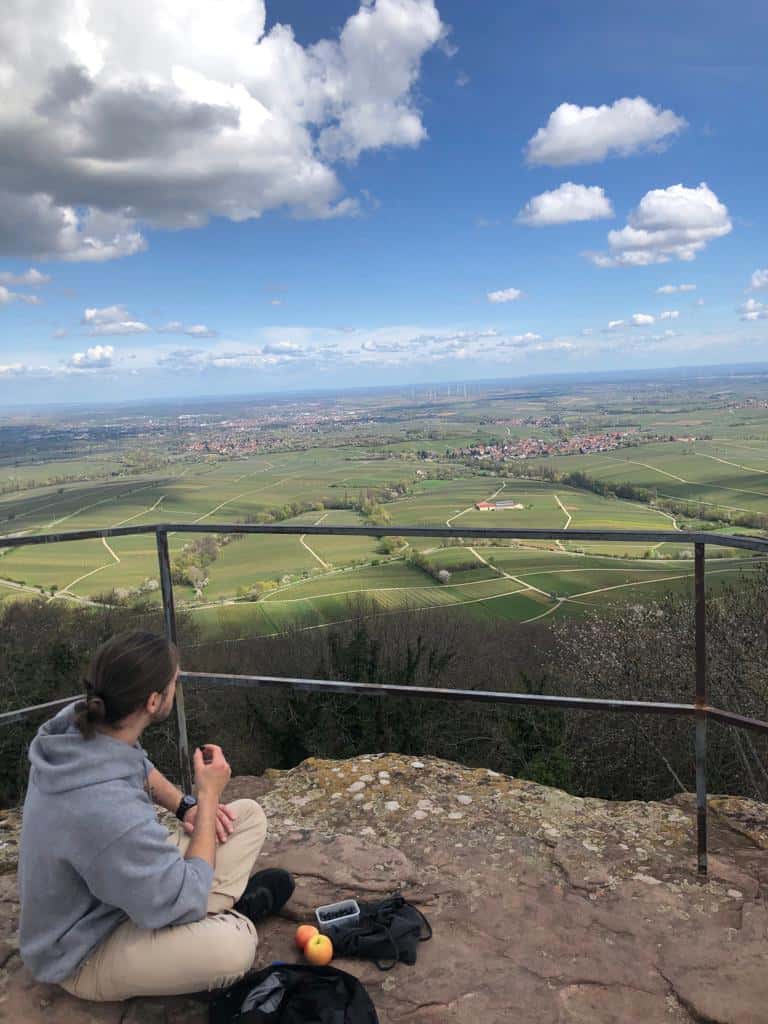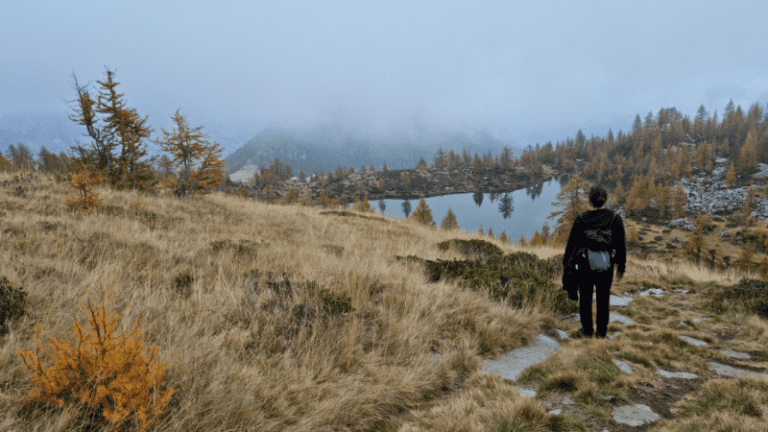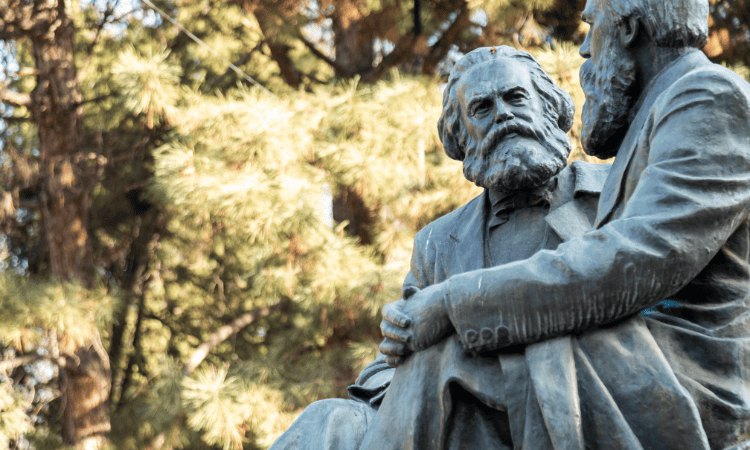Practice appreciation - learn conscious enjoyment
If you're anything like me, you too will often struggle with not constantly thinking about something that needs to get done. Often it seems like our days have too little time to get everything done that is on our schedule. We still have to answer that letter, buy that thing, go to the authorities and do a few things around the house, all while working, which usually takes up most of our time anyway.
But it is important that we can also stop this eternal source of thoughts. As with most things in life, this ability must first be learned. However, the problem is that when we want to start thinking about something other than what we have to do, our thoughts usually revolve around what we have to do. It's like the famous mind game about not thinking about a pink elephant. And the solution is just as simple as the elephant. The trick is not to try to suppress thoughts of a pink elephant, but to think of something completely different.
At first, this trick may sound more than banal, but it is the method that seems best to me. I put this method into practice by, when I see something that I find beautiful, interesting or exciting - or simply said when something arouses my curiosity - I stop for a moment and look at it a little closer. This can also sound very simple, but when you try it, it may turn out to be more difficult than you thought. After all, one is usually in a hurry and there are many things that are more important than, for example, watching a crow land on a power line.
But once you start wondering exactly what you're looking at, the subject can quickly become much more interesting than your first glance would have led you to believe.
To stay with the example of the crow: Most birds can't fly just because of their plumage. They are also very light, which they owe to their hollow bones. And if we have it already from the bones: the structure of the bones in a bird wings corresponds approximately to that of a human hand, only that this has taken over thousands of years of the evolution other proportions. Now we have not only observed a flying bird, but how this bird landed precisely on a power line. So the crow was able to determine the wind and its own position in such a way that it was able to master this landing. Effortlessly.
Of course, it is then important to note that the power line is a milestone in human history, because without the electrification of cities about 130 years ago, our lives would look very different. And not only the current that flows through the cable is amazing. Because the cable itself comes from metals, which were extracted from the earth's interior, and there before primeval times during the formation of our planet were stored.
Since I could probably write about this example forever, I will stop here. But I think that you have not thought of the pink elephant since the beginning of the description and hope that I could show you with this example that there are very many things that we think are everyday and normal, but on closer inspection invite you to wonder.
By the way, these are only things I know about and which inspire my wonder. However, one should not forget that there are probably much more interesting things about crows than bones and feathers and about cables than the places where the resources are extracted and they are produced. This "not-knowing", however, does not hinder the wondering in the least, rather it intensifies this feeling many times over. What already Socrates knew thousands of years ago: Knowing that our knowledge is very limited is an incredibly beautiful thought.
So try to allow yourself, even when you are stressed (or especially then), to simply pause and appreciate the world around you with all its wonders. Because this new perspective on existence and life itself is a wonderful tool to get out of the otherwise mundane thought pattern.
If you have any other good tips and tricks on how to find some serenity in your everyday life and peace of mind, feel free to share them in the comments.







